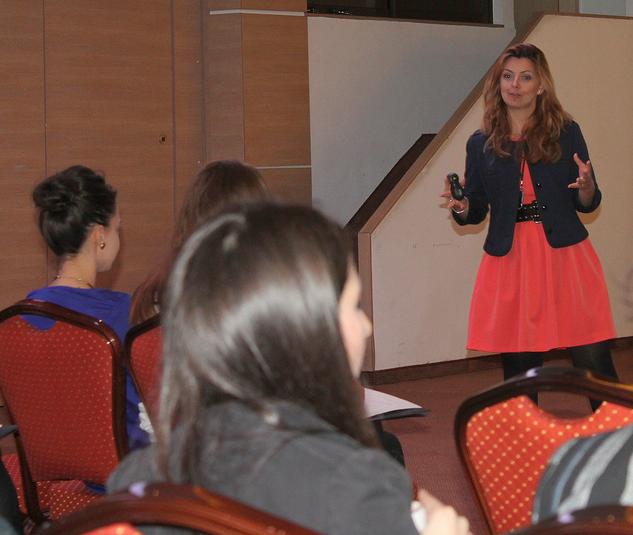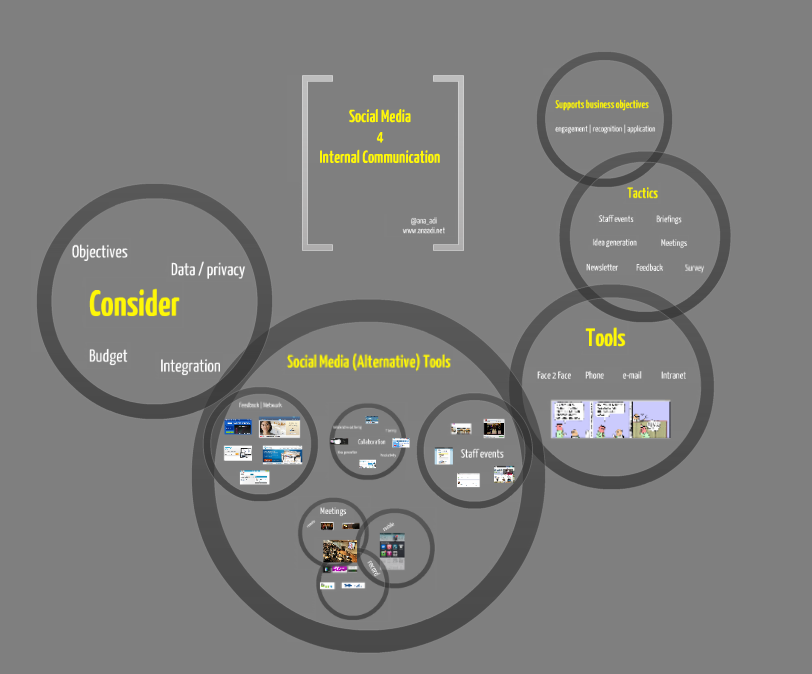UPDATE: NOW WITH THE VIDEO RECORDING OF THE TALK
Organized by the FEIEA Academy (March 29, impotent 2012)
I find myself speaking quite often about social media. Whether it is as part of the Digital Communication Strategies course I teach at Bournemouth University, artificial the New Media and Branding courses I am to teach at Katho in Belgium or as part of my consultancy projects, I always do it from a strategic communication perspective.
 Just recently I had the pleasure to join an extremely interesting group of speakers to a conference debating and discussing the uses of social media for internal communications. Organized in Bucharest, Romania as a half-day event, the conference brought together practitioners and academics from all over Europe including the UK, Portugal, Check Republic, Italy or Switzerland and presented a wide array of case studies, research projects and question to ponder upon.
Just recently I had the pleasure to join an extremely interesting group of speakers to a conference debating and discussing the uses of social media for internal communications. Organized in Bucharest, Romania as a half-day event, the conference brought together practitioners and academics from all over Europe including the UK, Portugal, Check Republic, Italy or Switzerland and presented a wide array of case studies, research projects and question to ponder upon.
Social Media is just another channel.
Whether it is appropriate for the organization does not depend on its (immediate) availability but rather on a complex mix which includes the other communication channels used and integration with them, organizational culture, company specific data security and privacy matters, IT adoption, management support and costs.
Pascal Lorenzini from the Swiss Post emphasized the importance of social media champions (or boosters) within the organization as well as the need for a long-term plan for any implementation. Dr Jan Lies of the HMK Macromedia University of Applied Science for Media and Communication from Hamburg, Germany on the other hand, highlighted the need of management to understand, accept and encourage the use of social media.
These two presentations marked the extremes of the conference and introduced one of the major questions of the event: who/how should internal communications adopt social media. While Dr Lies’ route of management support is certainly the easiest, my experience indicates that social media is an individual driven effort, most of the times working towards making a process more efficient and thus going “around” the more established programmes, software and communication routes. In my experience, social media has been usually a grass-roots effort within big corporations, only small and medium organizations with a taste for technology adopting it in an organic and strategic way.
Social Media is not about the tools.
Speaking of tools, Massimo Greggia of Coreconsulting Group, Italy, insisted that social media is not about the tools and not about availability but about reaching objectives and about making things happen. While I fully agree with him, I also think that the knowing the tools, their advantages and disadvantages as well as their functions and rules, could help reach those goals. My presentation focused on tools that meet goals, that cut corners, that get things done…quicker. This requires experimentation, testing, and constant monitoring and evaluation.
Social Media comes with an embedded risk.
Social media is NOT a must. Just because the statistics indicate an increasing adoption and use of such environments and platforms for business communication (either internal or external, B2C or B2B) this does not mean that every organization has to have a social media presence. Moreover, the fact that there are plenty of tools that made adoption easy, this should not be the criteria driving the decision to create a social media presence.
Like every new channel and technology, social media too requires an investment – in time, attention, training and human resources – which not all companies have or would be willing to make. Similarly, social media presents a risk. To a degree, organizations using social media and especially the platforms where the creation of an account is free, are outsourcing some of their information. This comes with a responsibility both of the organization towards its internal and external publics but also for its employees using social media on behalf of the company.
During the round table session of the conference, one question was asked more often than all others. It was realted to increased risk of leaking information via social media channels should organizations decide to use them.
Let me get this straight. Should there be something to be leaked, it will be regardless of whether the organization has or has not a social media account. Leakeges of information and bad mouthing do not happen because of social media. The cause is elsewhere. Look for it!
Moreover, social media is not about control.
Should you want to control everything that your employees are saying, DON’T. Better concentrate on providing a good service and making the workspace and work be worth the time your employees put into it. If you get these right, your good communication would follow.

Pingback:Social Media for Business Promotion | Ana ADI